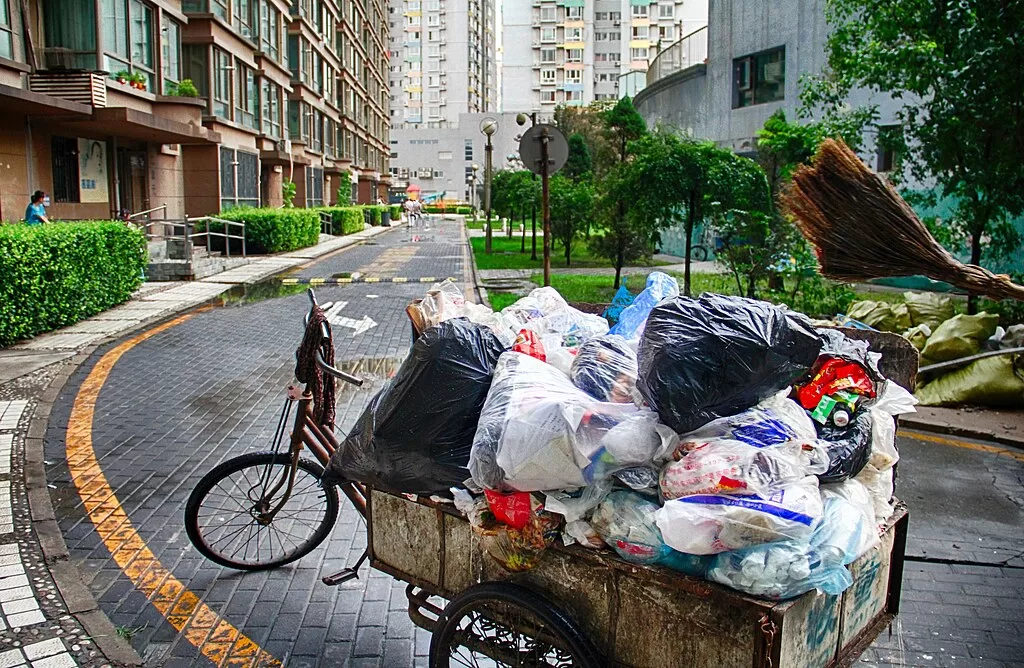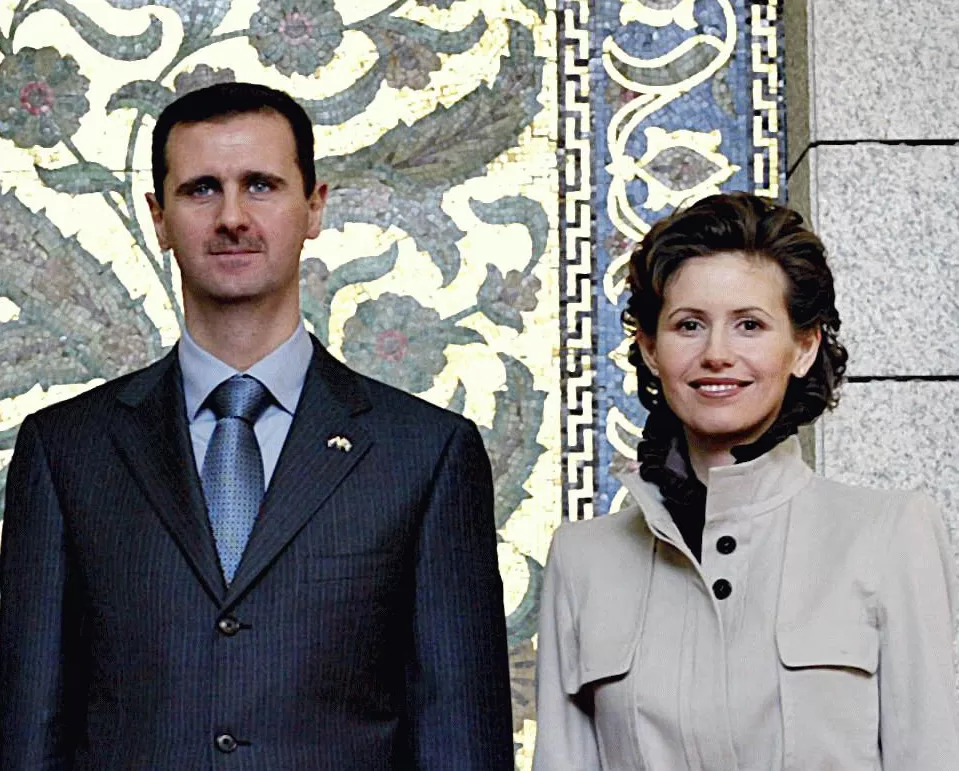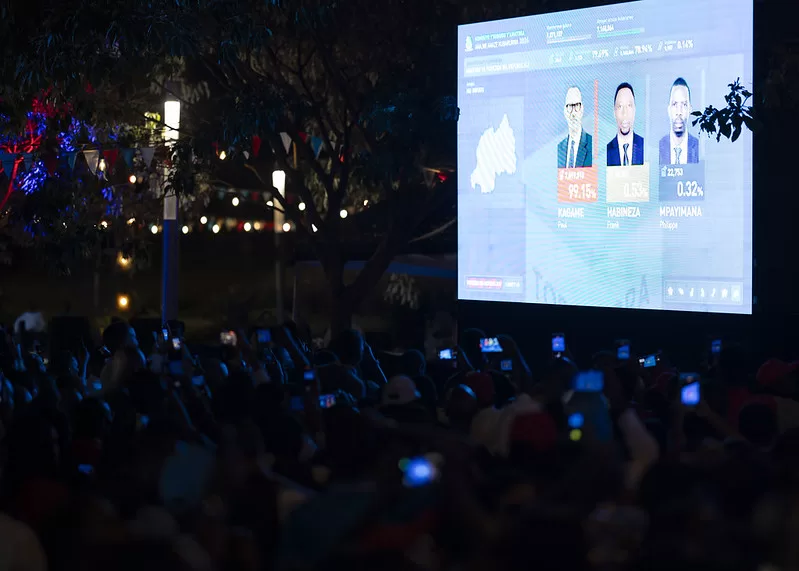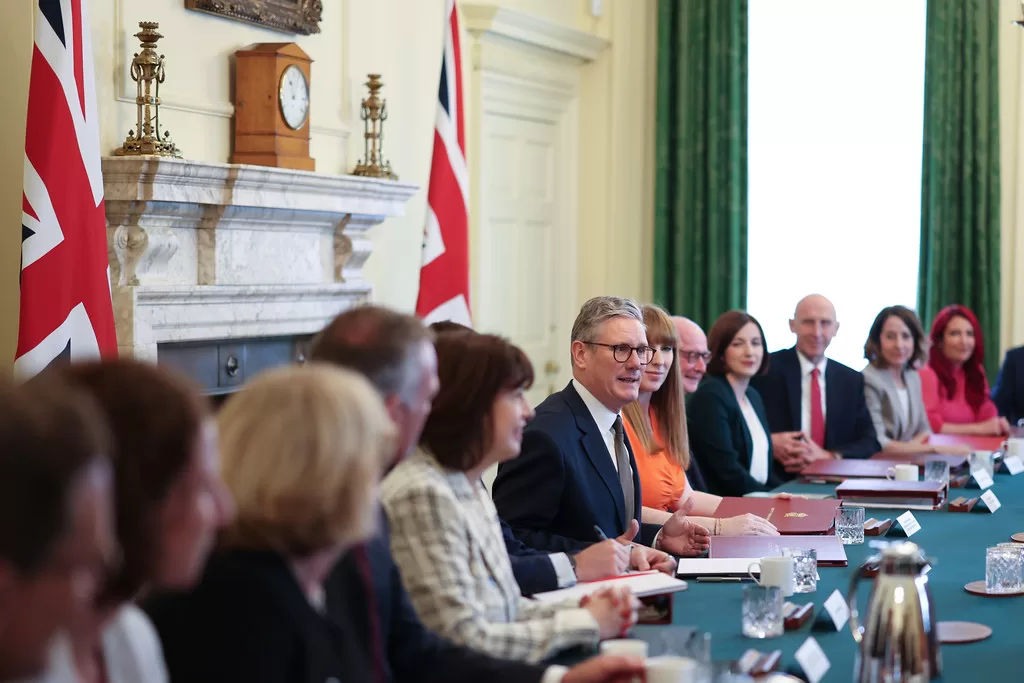[vc_row][vc_column][vc_single_image image=”115172″ img_size=”full”][vc_column_text]Books have long been objects of contention, criticised for spreading ideas which go against the status quo. They are removed from libraries and bookshops, burned, banned and vandalised while writers are attacked, threatened, imprisoned. These actions are nothing new, yet the importance of preserving our freedom to read is more important now than ever.
Freedom to read is at the centre of Banned Books Week, an initiative which has sought to challenge censorship on both sides of the Atlantic, bringing together literary communities – librarians, booksellers, publishers, journalists, teachers, and readers – in shared support of the freedom to seek and to express ideas, even those some consider unorthodox or unpopular.
The initiative was launched in the USA in 1982 in response to a surge in the number of challenges to books in schools. Since then, it has sought to highlight the value of free and open access to information. Each year sees an exciting strand of events, readings list, games and activities designed to get people thinking about books that have been banned throughout history, and are still causing offense today.
As the 2020 Banned Books Week comes to a close, we have a chance to reflect on the impact the initiative has had over the past 38 years, and consider the work we still need to do to ensure everyone is free to read.
Censoring literature is nothing new. It has a long and dark history and has been exercised by governments, political parties and religious groups for centuries. Book burning, which has been recorded as early as the 7th century BCE, and proliferated under the Nazi party in Germany in 1933, is emblematic of a harsh and oppressive regime which is seeking to censor or silence some aspect of prevailing culture.
Today’s methods of censorship remain prevalent yet differ in style. Political leaders use legal methods to silence or prohibit writing which paints themselves and their parties in an unpleasant light – techniques not so different to the vexatious lawsuits used to silence journalists. Academic textbooks are rewritten to paint recent historical events in a very different light, and a favourite illustrated bear has long been banned to protect the ego of other fragile leaders.
As well as these more blatant signs of government censorship, literature is still challenged today. Some of the most canonical works of the 20th century have famously been challenged – including The Handmaid’s Tale, Animal Farm and Lady Chatterley’s Lover, which this year sees the 60th anniversary of its uncensored publication in the UK. But it is children’s books that cause a particular stir, such as And Tango Makes Three by Justin Richardson and Peter Parnell which tells the true story of two male penguins who create a family together and was subsequently banned in US schools and libraries for depicting same-sex marriage and adoption.
While this year’s Banned Books Week took a different shape from previous years, we had the pleasure of hearing a number of writers speak about their experiences of being silenced, censored or simply refused a platform. In the wake of George Floyd’s murder and the resultant global Black Lives Matter protests, it has been clearer than ever before that the voices of some are prioritised to the exclusion of others.
In an online session on 29 September, Urvashi Butalia spoke to poet Rachel Long, and authors Elif Shafak and Jacqueline Woodson about what ‘freedom’ means in the culture of traditional publishing, and how writers today can change the future of literature. During the event, Shafak defended freedom of speech and spoke about her experience of seeing her works of fiction brought into the courtroom – “it was very surreal to me. Art needs freedom, even though it may be harmful in the eyes of authorities.”
Shafak’s comments harked back to those made by Nobel laureate Toni Morrison during the launch of the Free Speech Leadership Council, an advocacy arm of the National Coalition Against Censorship. At the event, Morrison spoke of her novel Song of Solomon being banned at a prison after the warden expressed fear that it might stir the incarcerated to riot. An acoustical lapse led Morrison to speculate as to whether the real fear was of the inmates incitement to “riot” or “write” – asking, which would ultimately be the most dangerous?
While authorities and governments fear literary works that are seen to challenge them, we are reminded this Banned Books Week of the importance of free artistic expression and of literature’s power to challenge even the most powerful, oppressive forces. [/vc_column_text][/vc_column][/vc_row][vc_row][vc_column][three_column_post title=”You might also like to read” category_id=”581″][/vc_column][/vc_row]





